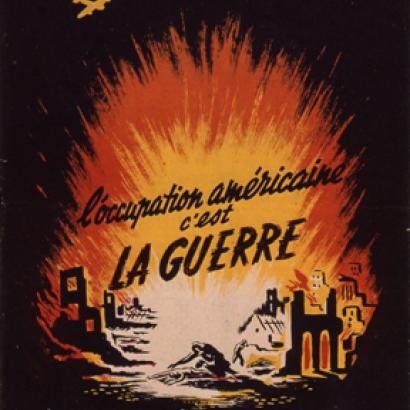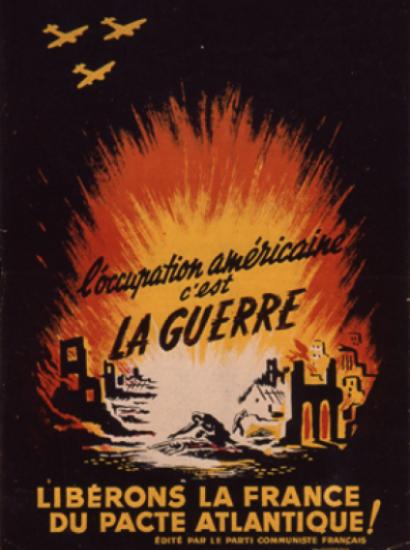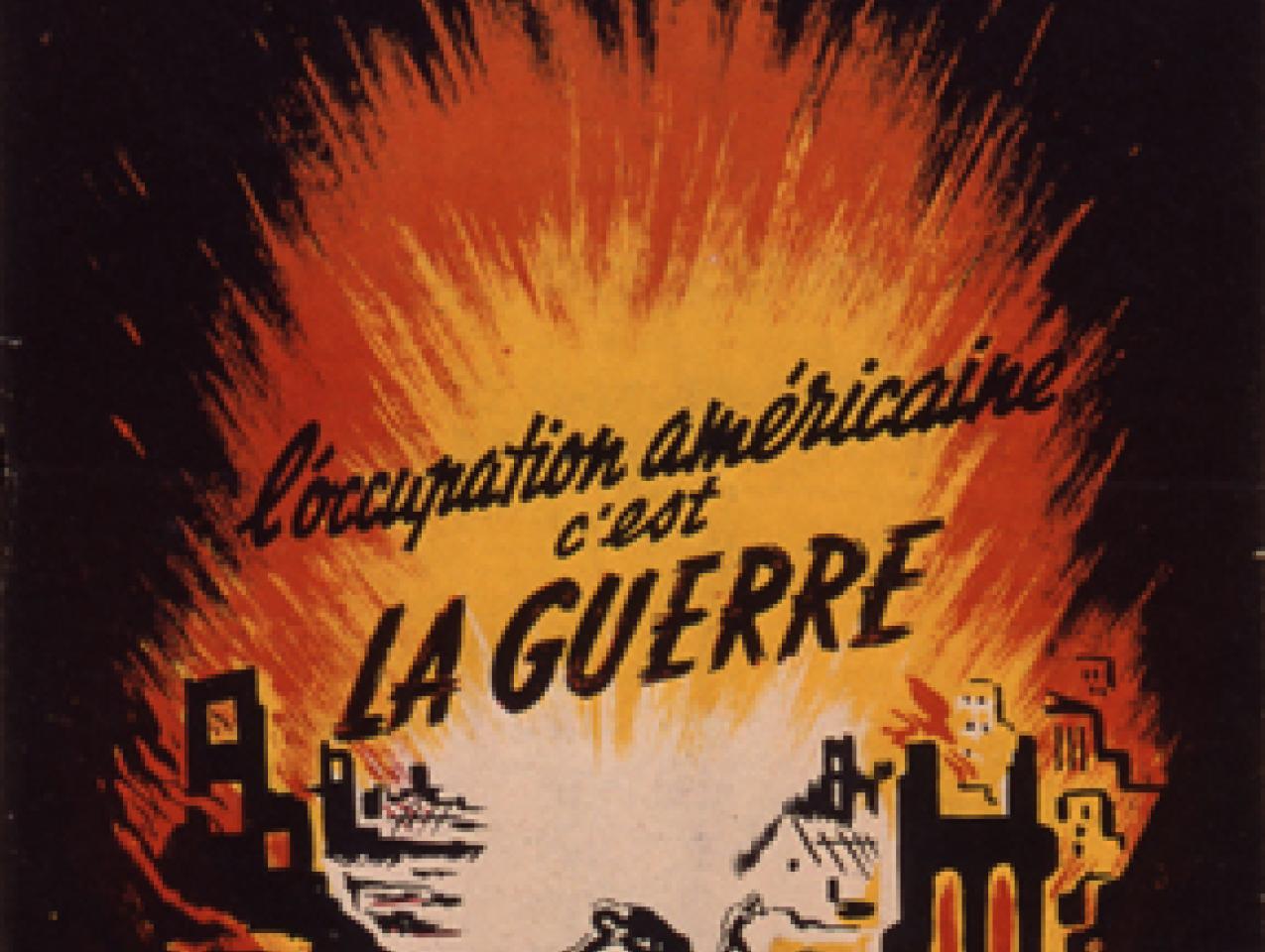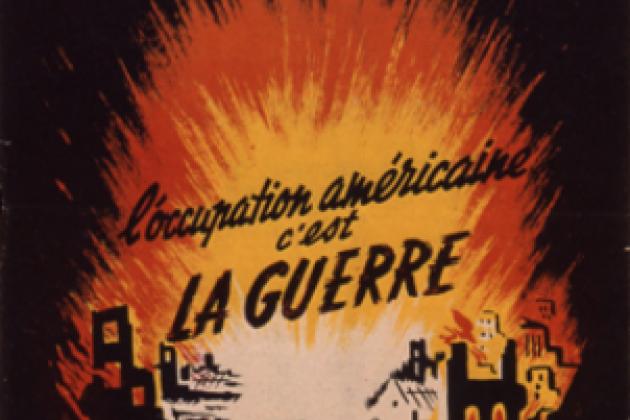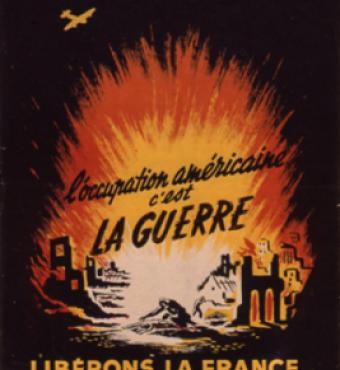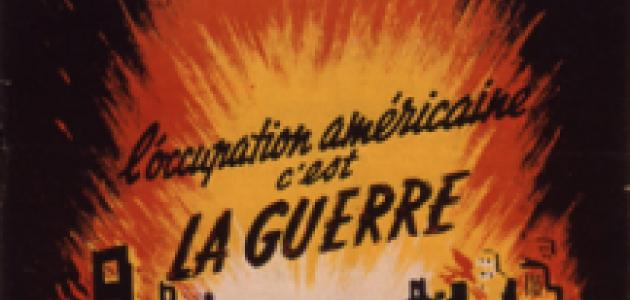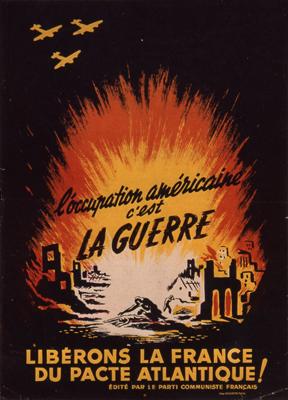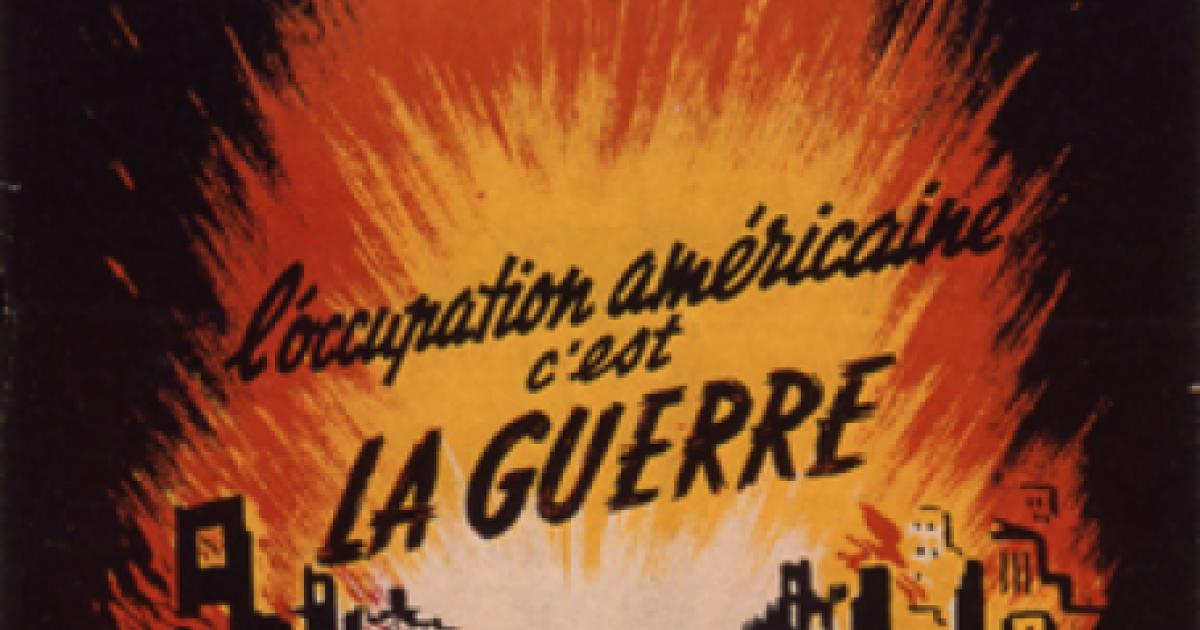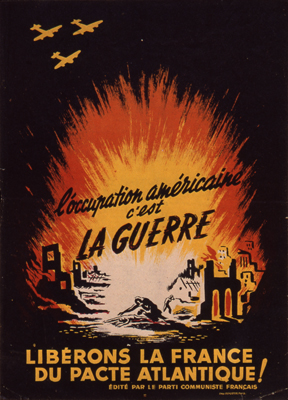
World Order, Henry Kissinger muses in his eponymous book, requires somebody—a state or an institution—to maintain it. He holds up the Westphalian System, put in place after the murderous Thirty Years’ War, as one institutional pillar. As another instance, he cites the Congress of Vienna (1815), which spawned the Quadruple as well as the Holy Alliance. The former (Britain, Austria, Prussia, and Russia) was to take care of strategic stability. The latter (Russia, Prussia, and Austria) was to preserve legitimacy—monarchical rule.
Another system of order was guaranteed by Britain for four centuries. This was the balance of power, with Britain as impresario, mastermind, and holder of the balance. It gave post-Napoleonic Europe a century without major war. Conversely, when there was neither a state nor an institution to safeguard order, the system reaped World War II. Thereafter, the mantle fell on the shoulders of the United States, circa 1947 to…when?
All we know is that Obama’s America has tired of the burden. It has all but withdrawn from Europe. It has pulled out of Iraq. It may yet leave Afghanistan. The region most in need of an ordering force is the Greater Middle East. But the U.S. is proving a reluctant warrior, as evidenced by its half-hearted attempt to stem the advance of ISIS. Nor will the U.S. add military muscle to diplomacy in order to dissuade Tehran from acquiring the Bomb. Concurrently, the U.S. is disarming. Defense spending is falling steeply. In 2011, it was a bit more than $700 billion. The projected figure for 2015 is around $570 billion, according to Jane’s Defense Weekly (December 3, 2014). So who will take care of business?
Not Europe, the largest economic entity on the globe, with a combined GDP exceeding the American one. The EU population of 500 million looms over America’s of 320 million. But its strategic performance is pitiful. In 2011, defense spending totaled $267 billion—38 percent of American defense outlays. The line points straight downward. The projection for 2015 is $250 billion.
Nations can always reverse spending trends, as post-Obama America will probably do if the Republicans hold on to the Congress and capture the White House in 2016. But Europe’s problems run deeper. The downward trend is embedded in Europe’s cultures and politics, and it is a lot longer than two American election cycles. The drop in defense spending—actually, disarmament—reflects a secular transformation. Put harshly, Europe is neither able nor willing to act as a strategic player. The continent that once ruled the world, whose empires once spanned the globe, is happy to be a bystander or tag-along of the United States. Thus in Iraq I (1991), in Serbia (1999), and Iraq II (2003). In no instance but one did Europe take the initiative. When it did, with France plunging into the bombing campaign against Gaddafi’s Libya, the Europeans soon ran out of ordnance. In fact, the heavy lifting with stealth bombers and precision-munitions was done by the U.S. Air Force and Navy.
So much for the spending gap, with the EU devoting about 1.5 percent of GDP to the military and the United States more than twice as much. But the “culture gap” is the more critical divide. With the on-off exception of Britain and France, the rest has all-but forsaken the “Clausewitzian Continuum,” the idea that force is a tool of the national interest and an indispensable instrument of policy.
The EU, for all its underlying might, is an “empire of peace”—an empire of trade, institutions, cooperation, and diplomacy. The Continent’s old warrior culture has waned along with such quintessentially European inventions as nationalism and “reason of state.” This evolution was perfectly rational in the glory days between the end of World War II and the post-imperial hangover of the United States after Iraq and Afghanistan. These were the decades of security on the cheap, courtesy of the United States, which once had 300,000 troops stationed in NATO-Europe. (“Cheap” is not quite fair, as European members devoted between 2 and 5 percent to the military, yet with the exception of France and Britain, European armies never had to fight.)
The problem today is three-fold. As Europe is disarming, the American pillar of world order is wobbling while the threats are coming closer. These are not yet strategic threats embodying the risk of a direct attack. But neither are they merely sub-strategic like the terror massacres in Madrid and London in 2004 and 2005. Let’s call them “proximate threats,” as exemplified by the Ukraine and ISIS.
The Crimea Grab and the quasi-occupation of south-eastern Ukraine bespeak Russia’s attempt to restore its old East-European empire or, failing that, to draw former republics and satrapies into its sphere of influence. The use of force ranges from direct (Crimea) to masked (Donetsk). A second threat is the forcible expansion of militant Islam, as illustrated by ISIS and sundry terror groups like al-Nusra that have advanced to the eastern shore of the Mediterranean. Much closer is Erdogan’s Turkey, a country that is re-Islamicizing while growing ever more hostile to the E.U. It is no longer sheer fantasy to see Turkey turning against NATO membership. That scenario would spell serious strategic trouble for the Alliance and the EU.
To sum up: Europe continues to see itself as an “island of peace,” but it is no longer a safe place. Expansionism, terror, and war are edging closer—toward the heart of Europe as well as to its south-eastern flank. The issues are becoming clearer by the day, yet the strategy is not. The truth remains that Europe is neither willing nor able to use force to safeguard global order. Even if it wanted to do so, it lacks the requisite military wherewithal.
Could Europe then contribute to regional order? That depends on how much push is added to shove. The EU has accepted the Crimean grab and may yield on the Ukraine, but thus encouraged, Russia’s next stop might be the Baltics and/or Poland. That is NATO’s red line, but Moscow knows that the Alliance can’t put too many men and too much materiel on this line. There is too much fog and fluidity in this arena to make brash predictions.
Joffe’s Law says: If you can’t predict, assert the general. These are: Europe cannot and will not act strategically. It is disarming rather than rearming. It wants to shelter its “empire of peace” at almost all costs. But it is slowly revisiting the apparently eternal premises of its happy existence. After almost two generations of peace, war and violence are creeping closer. Will the return of yesterday’s demons trigger cultural and political change? This author will only say: It should.







